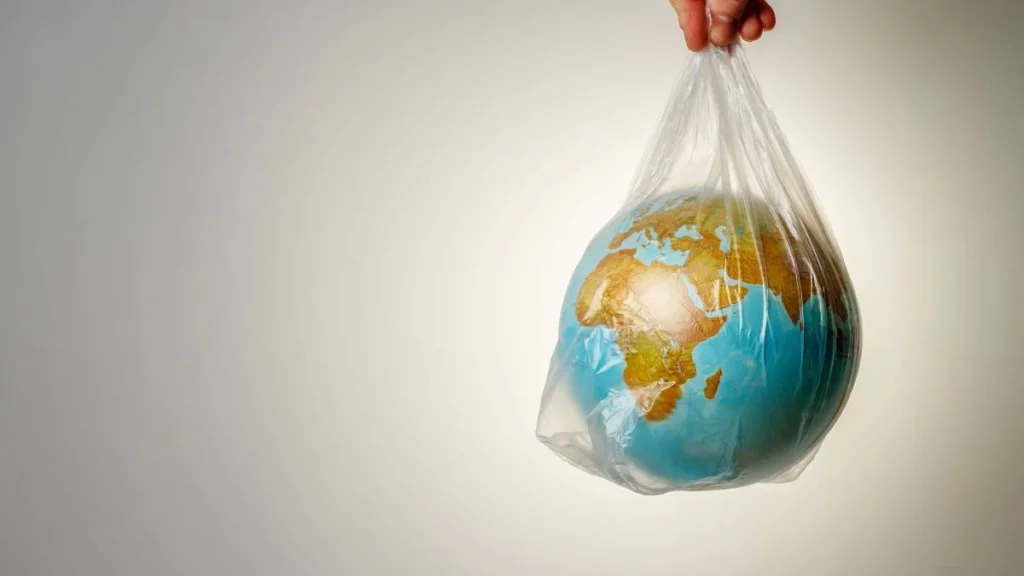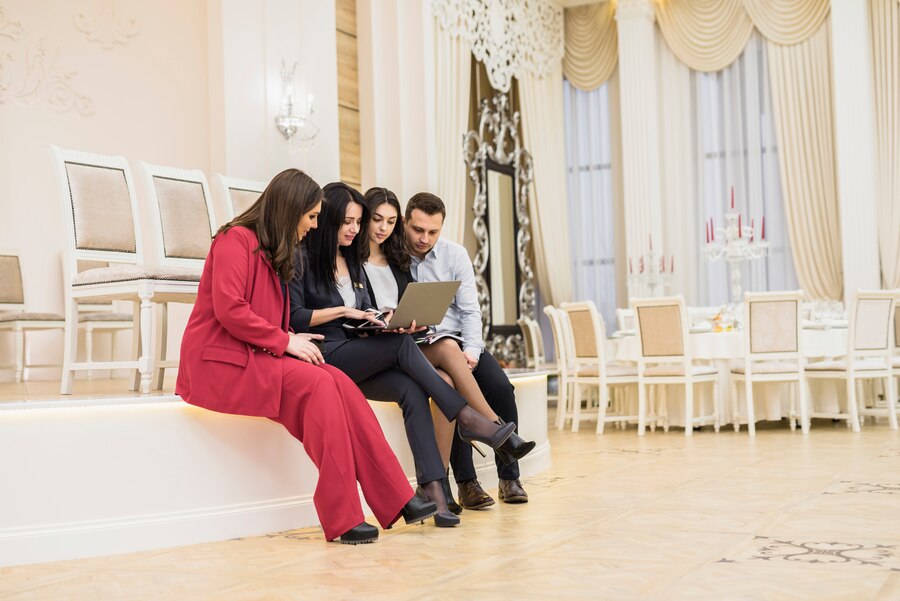The corona pandemic has brought citizens of the globe together to face an increasingly uncertain future. As the world slowly starts to become functional again, here is a new consumer trend, which will touch and direct multiple industries.
With its rapid climate change and an active outburst of internet based environmental activism, this year is showing consequences like never before. The climate emergency, aided by global lockdowns has triggered a new response among people and a major shift in behavioral patterns that calls out people/organizations that pollute the planet. People now use social media to shame others for their non- environment friendly choices.
We have moved beyond the eras of Eco – friendly, and Eco – conscious as we enter the phase of ‘Eco-Shaming.’ This is the way consumers are highlighting environmental hypocrisy and double standards when it comes to making damaging lifestyle choices.
The green movement becomes dire for followers as well as brands who choose to utilize guilt as a means to encourage more economical lifestyles. With the abundance of sustainable alternatives in recent times, affordable eco-consumption has become less about opting in, and more about the shame of opting out. The essence of this shift from eco-status to eco-shame, will shape the consumers mind set, marketers’ strategies, services and experiences in 2020. Marketers turn to guilt as a tactic to inspire consumers to be more eco-conscious.
This trend is already reflecting in the tourism industry, where an anti-flying movement that started in Sweden, is gathering momentum across Europe. Brands are also attempting various creative ways to decrease the consumption of single use plastics bags, as these can’t be recycled and end up in landfill. People have also shamed celebrities openly on social media for their frivolous choices of travel and products. I urge everyone to switch to green, particularly as an informed way of living, rather than a forced one as a result of being called out for it.
Author:
Priyalakshmi Kanotra, Assistant Professor, School of Fashion Design, Unitedworld Institute of Design (UID)
Disclaimer: The opinions / views expressed in this article are solely of the author in his / her individual capacity. They do not purport to reflect the opinions and/or views of the College and/or University or its members.






